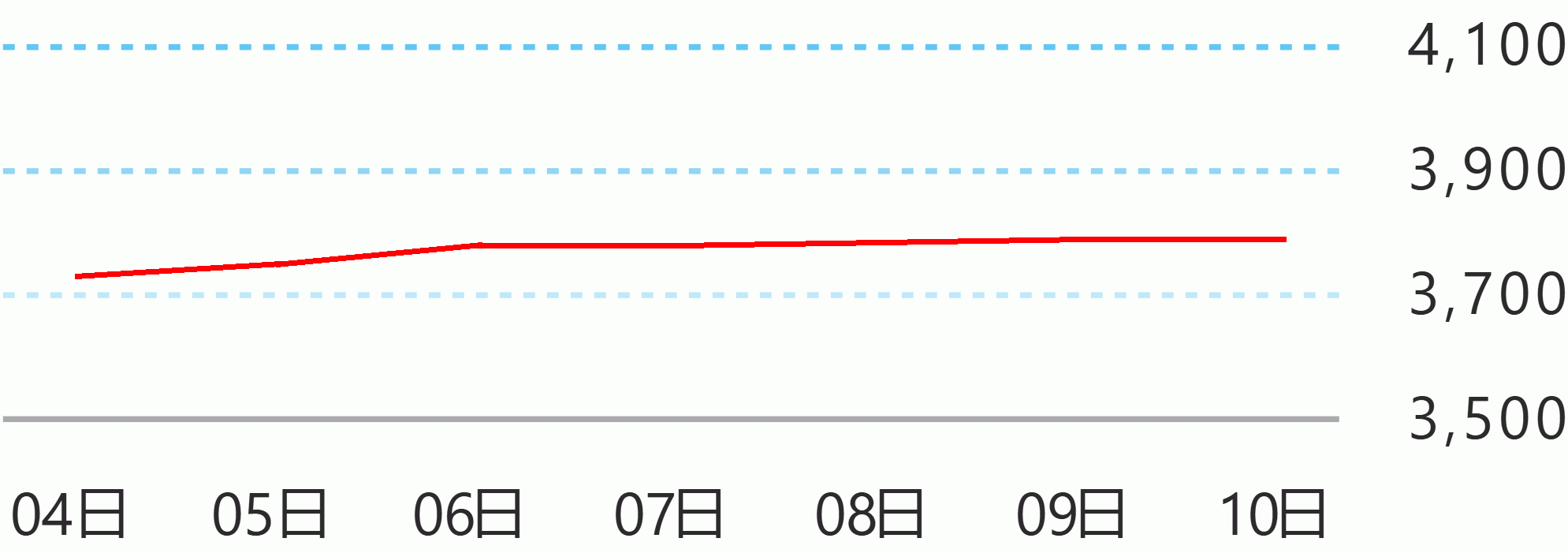The registration of resident aliens under the newly-passed Philippine Identification System Act is not a priority of the Philippine government, an official said on Wednesday.
In a press briefing in Malacanang, Civil Registrar General Lisa Grace Bersales said the government is eyeing to register first under the PhilSys the 25 million beneficiaries of the conditional cash transfer, unconditional cash transfer, senior citizens, persons with disability, indigenous people and other disadvantaged sectors of society. They are expected to be registered by next year.
"They are not priority in the list of priority for registration, but I expect that there will be a 'C' document for the resident alien, which is the ACR (Alien Certificate Registration)," she said when asked of the requirements for resident alien registration and how they are going to register.
But she said the Implementing Rules and Regulations is yet to be completed and published by the first week of October. Included in the IRR is the scheduled registration of the Filipinos and the resident aliens.
Under Republic Act No. 11055, which Duterte signed on August 6, 2018, it is provided that one year after the effectivity of the Act, every citizen or resident alien shall register personally with the registration centers that have the necessary facilities to capture the information required in the Registry.
Also, for resident aliens to register, they should present proof of residence in the Philippines.
"That in order to ensure easier verification, citizens and resident aliens may be allowed to submit an alternative or additional document/s to prove his or her identity," the law read.
"Notwithstanding the foregoing, appropriate guidelines shall be issued to ensure that the registration is not prohibitive and restrictive as to unduly defeat the purpose of this Act," it added.
Bersales clarified that the registration under PhilSys is not mandatory.
"No one will be forced to enroll in the national ID system," she said.
However, she warned those who would transact with the government would find a hard time because the PhilID is a requirement.
"They will have difficulty in doing business with government and the other private sector eventually because the requirement for doing business will be the national ID. So it’s really more about accessing benefits. But if they don’t want to access benefits from government or transact with government, then they will not really need to have an ID. But I believe, eventually, everyone will be compelled to be part of the PhilSys; number one, because they will be assured that we will follow what the law says. It is very explicit in the law as to how we will ? PSA, will use the data, manage the data," she said.
The PhilID shall be honored and accepted, subject to authentication, in all transactions requiring proof of verification of citizens or resident aliens' identity.
The transactions include among others, applications for eligibility and access to social welfare and benefits granted by the government; for services and benefits by Government Service Insurance System, Social Security System, PhilHealth, Home Development Mutual Fund, and other government agencies; for passports and driver's license; tax-related transactions; registration and voting identification purposes; admission to any government hospital, health center and similar institution; for admission in schools, colleges, learning institutions and universities, whether public or private; transaction for employment purposes; opening of bank accounts and other transactions with banks and other financial institutions; and verification of cardholder's criminal record and clearances.
The PhilID will contain two types of information: demographics and biometrics.
The demographics include full name, sex, date of birth, place of birth, blood type, address, Filipino or resident alien, and the optional information include marital status, mobile number, and e-mail address.
Biometrics information includes a front-facing photograph, full set of fingerprints, iris scan, and if necessary, other identifiable features of an individual as may be determined in the IRR.
The registration of over 100 million Filipinos, including those living abroad and dual citizens, is expected to be completed in three to five years, Bersales said, adding that the government expects to spend about P30 billion for the full implementation of the law.
She assured that the law provides for the safeguards to ensure that the information gathered for the PhilSys is protected from unauthorized access, use disclosure, and against accidental or intentional loss, destruction or damage.
But under the law, information of registered person could be accessed if he/she has given his/her consent, specific to the purpose prior to the processing, and when the compelling interest of public health or safety so requires upon order of a competent court, provided that the risk of significant harm to the public is established and the owner of the information is notified within 72 hours of the fact of such disclosure.
The penalties for violating the law could reach to up to 10 years of imprisonment and fine of up to P5 million.
Bersales said that the National Privacy Commission has advised the PSA, the main implementing agency, to conduct a privacy impact assessment of the national ID system to be done by a third party.
"This is just to assure everyone that PSA has already instituted proper rules, guidelines, both technical and processes to ensure privacy of our citizens and those that are in the database," she said.
The new law will take effect 15 days after its publication in the Official Gazette or in a newspaper of general circulation.
The publication of the law will be on August 17, Bersales said. Celerina Monte/DMS





 English
English









